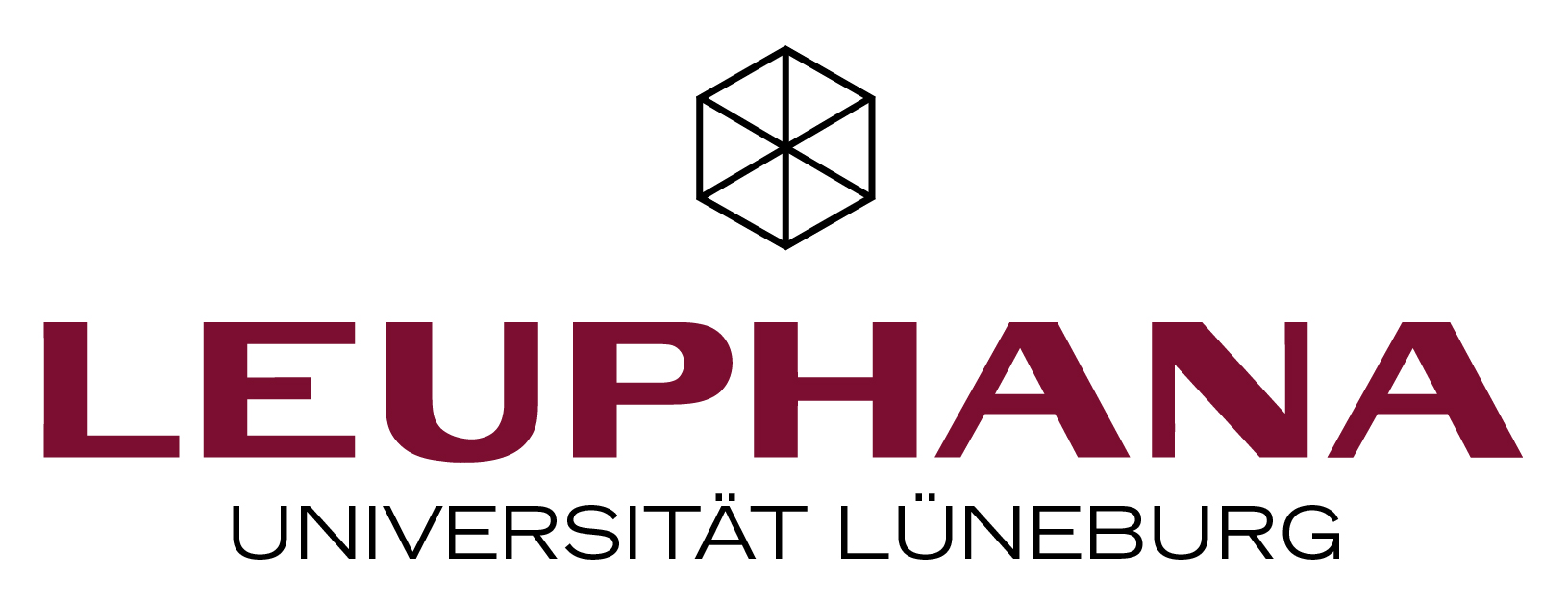Please use this identifier to cite or link to this item:
https://doi.org/10.48548/pubdata-1566
Full metadata record
| Field | Value |
|---|---|
| Resource type | Dissertation |
| Title(s) | A better future for people and nature: a social-ecological systems approach to ecosystem restoration |
| DOI | 10.48548/pubdata-1566 |
| Handle | 20.500.14123/1643 |
| Creator | Frietsch, Marina  0000-0001-5992-314X 0000-0001-5992-314X |
| Referee | Martín-López, Berta  0000-0003-2622-0135 0000-0003-2622-0135Bieling, Claudia  0000-0001-5001-4150 0000-0001-5001-4150  1068562307 1068562307Linstädter, Anja  0000-0003-0038-9557 0000-0003-0038-9557  1051445965 1051445965 |
| Advisor | Martín-López, Berta  0000-0003-2622-0135 0000-0003-2622-0135 |
| Abstract | The restoration of degraded ecosystems is increasingly recognized as a key strategy to respond to interconnected social-ecological challenges such as climate change and biodiversity loss. To this end, ecosystem restoration practice encompasses a wide range of activities which seek to halt and reverse the degradation of ecosystems and thereby contribute to ecosystem integrity and human well-being. Notwithstanding continuous scientific and practical advances in ecosystem restoration, many restoration projects do not deliver desired ecological and social outcomes. Specifically, many restoration projects lack long-term orientation and there exists limited guidance for restoration practitioners and policy-makers for how to prioritize diverse approaches and goals. In addition, restoration projects are often not embedded in their social-ecological context. Although the potential of integrating social-ecological systems thinking into ecosystem restoration is increasingly being recognized, the operationalization of this perspective for restoration remains little explored. By combining conceptual considerations with empirical work in western and central Rwanda, this dissertation applies a social-ecological systems perspective to ecosystem restoration. Paper I integrates key restoration and social-ecological systems literature to inform the enhancement of adaptive capacity of restoration sites. Paper II proposes a framework for navigating dynamically shifting social and ecological restoration goals. Paper III examines the relevance and application of international restoration principles in local-scale restoration in the study area. Paper IV explores visions for the future of restoration in Rwanda. Together, the four papers advance the operationalization of a social-ecological systems perspective on ecosystem restoration. Across the four papers, four lessons for ecosystem restoration emerge. The lessons are related to (i) the importance of time in ecological and social restoration processes, (ii) the role of people who shape and are affected by ecosystem restoration, (iii) the value of a strong ecological science foundation for ecosystem restoration, and (iv) the benefits of applying social-ecological systems thinking to ecosystem restoration. These four general lessons as well as the specific findings of each paper entail diverse implications for ecosystem restoration science, policy, and practice. First, ecosystem restoration science can contribute to shifting discourses on restoration approaches, scales, and goals by providing context-specific, accessible knowledge. Second, ecosystem restoration policy can promote supportive governance systems, sustainable financing schemes, and coordination across scales. Finally, ecosystem restoration practice can open up spaces for people to interact and exchange diverse types of knowledge at all stages of a restoration project drawing on different inter-and transdisciplinary formats. Together, ecosystem restoration science, policy, and practice can realize the potential of ecosystem restoration to enhance ecological integrity and human well-being. |
| Language | English |
| Keywords | Ecosystem; Restoration; Social-ecological System; Rwanda |
| DDC | 333 :: Boden- und Energiewirtschaft |
| Date of defense | 2024-12-16 |
| Year of publication in PubData | 2025 |
| Publishing type | First publication |
| Date issued | 2025-01-16 |
| Creation context | Research |
| Faculty / department | Fakultät Nachhaltigkeit |
| Date of Availability | 2025-01-16T10:23:59Z |
| Archiving Facility | Medien- und Informationszentrum (Leuphana Universität Lüneburg |
| Granting Institution | Leuphana Universität Lüneburg |
| Published by | Medien- und Informationszentrum, Leuphana Universität Lüneburg |
Related Resources
Files in This Item:
| File | Description | Size | Format | |
|---|---|---|---|---|
Frietsch_A_better_future_for_people_and_nature_Diss.pdf License: 
open-access accessible on 2025-12-16 | 8.16 MB | Adobe PDF |
Items in PubData are protected by copyright, with all rights reserved, unless otherwise indicated.
Views
Item Export Bar
Access statistics
Page view(s): 41
Download(s): 0

 BibTeX
BibTeX
 RIS
RIS
 Datacite XML
Datacite XML
 OpenAIRE4
OpenAIRE4